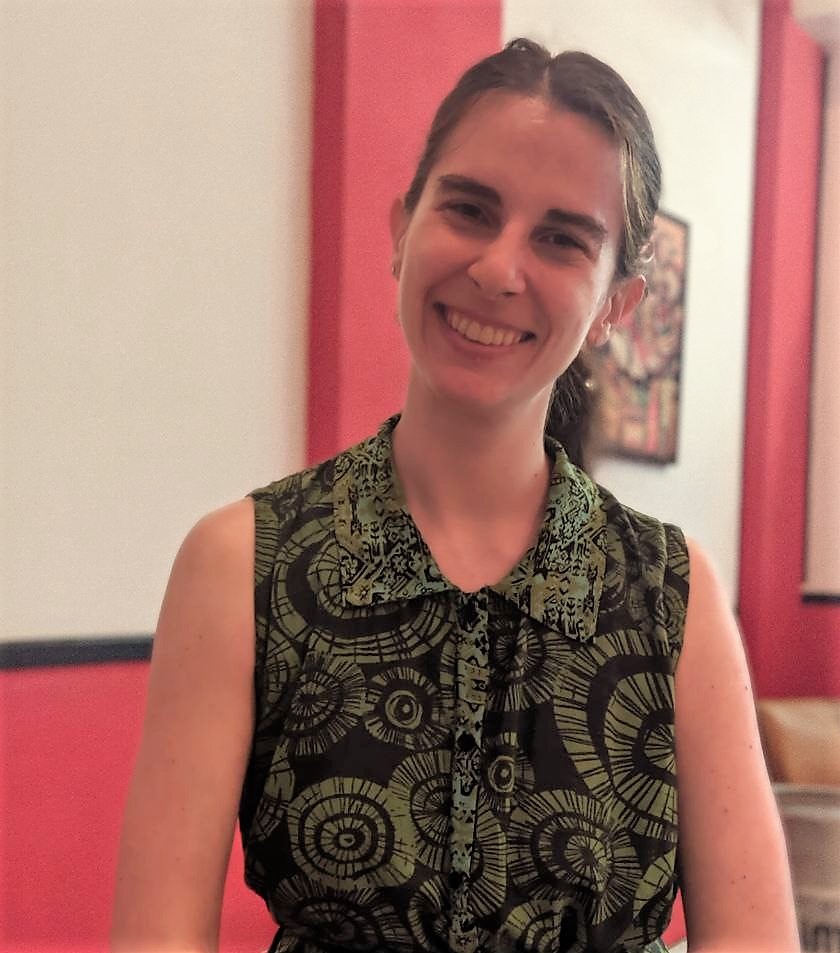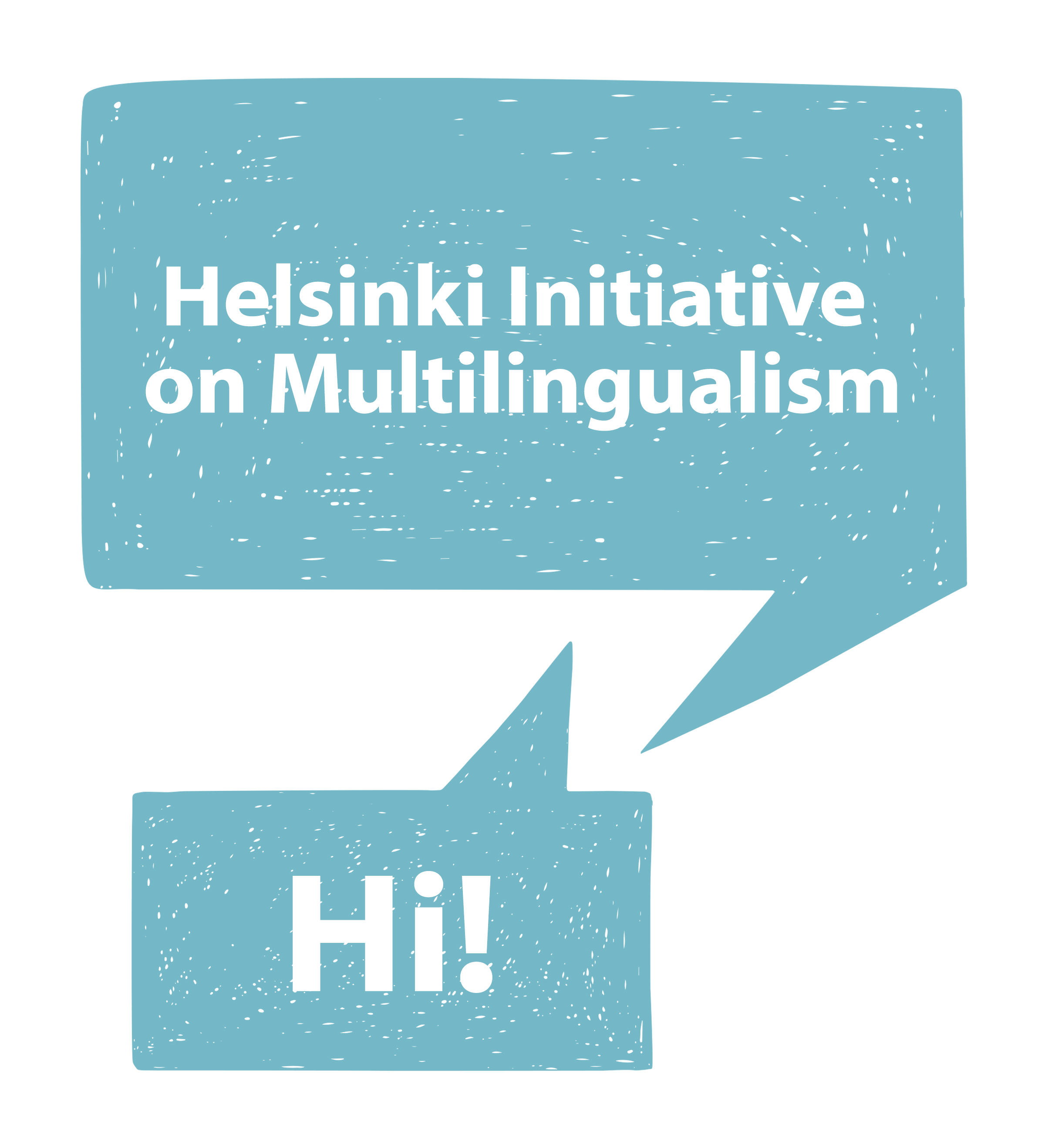4th Helsinki Initiative Webinar on Multilingualism in Scholarly Communication
Helsinki Initiative organizes a webinar series on Multilingualism in Scholarly Communication with speakers representing different expert communities and strands of work. This event includes three presentations researchers' use of different languages in scholarly work and communication to coverage of publication languages in OpenAlex database. The event is free and open for everyone to participate. Recording and presentations will be made available after the event to registered participants.
Registration: here (Zoom link will be sent to registered participants)
Date & time: 2 December 2024 15:00-16:30 CET
Programme
- Ginevra Peruginelli (IGSG/CNR): Multilingualism among researchers at the National Research Council of Italy
In the realm of scholarly communication, English frequently serves as the dominant language, especially in STEM fields. Ginevra presents the main results of a CoARA WG survey investigating perceptions and reactions to multilingualism and language biases in scientific research within the CNR community in Italy. The survey had 910 respondents (13,3% of 6,833 CNR staff members), of whom 87% are from STEM fields. While 64% have published peer-reviewed research only in English (and 36% occasionally also in other languages), vast majority of respondents (85%) use Italian in oral communication.
- Nicolas Robinson-Garcia (University of Granada): Language use and publication patterns in the humanities
Humanities are distinct from other sciences in terms of use of diverse languages in scholarly ommunication. Nicolas presents the results of a new study on the publication patterns of 40,000 humanities scholars in Spanish speaking countries using data from the Dialnet database. In terms of publication language, Spanish is the dominant language in most humanities fields. By identifying archetypal publication profiles, the study show a relation between publication patterns and research topics.
- Lucía Céspedes (Érudit, Canada): Evaluating the linguistic coverage of OpenAlex
OpenAlex is emerging as one of the major open and inclusive research information systems for global publication and citation data. Lucía presents the main findings and implications of a new study, which evaluates the linguistic coverage and metadata accuracy of OpenAlex. Manual validation of metadata on language in a sample of 6,836 articles in OpenAlex, of which 68% were in English, suggests a much more linguistically diverse landscape of global scholarly output than Web of Science.
The event is hosted by Emanuel Kulczycki and Janne Pölönen.
For further information email helsinki-initiative@tsv.fi.
Speakers:
Ginevra Peruginelli
Ginevra Peruginelli is legal researcher at the Institute of Legal Informatics and Judicial Systems (IGSG/CNR). Her main research areas involve: techniques and methods for accessing legal documentation, cross language information retrieval, evaluation of legal research and open access to law. She was the MC Member for Italy of COST Action 15137 (ENRESSH) on research evaluation of SSH and also represents CNR at the CoARA WG on Multilingualism and Language Biases in Research Assessment.
Nicolas Robinson-Garcia
Nicolas Robinson-Garcia is a researcher in the field of bibliometrics and research evaluation. He works as a Ramón y Cajal fellow at the Information and Media department at the University of Granada (Spain). He is the scientific director of the Unit for Computational Humanities and Social Sciences (U-CHASS) and head of the EC3 Research Group (Quantitative Studies on Scientific Communication). He is member of the Editorial Board of Quantitative Science Studies and co-editor of Research Evaluation.
 Lucía Céspedes
Lucía Céspedes
Lucía Céspedes is a research counselor at the Consortium Érudit, and a member of the UNESCO Chair for Open Science at the School of Library and Information Sciences of the University of Montréal. Her research brings together sociolinguistics, social studies of science and technology, and scholarly communication, in order to analyze conditions of production and circulation of scientific knowledge in centres and peripheries.
